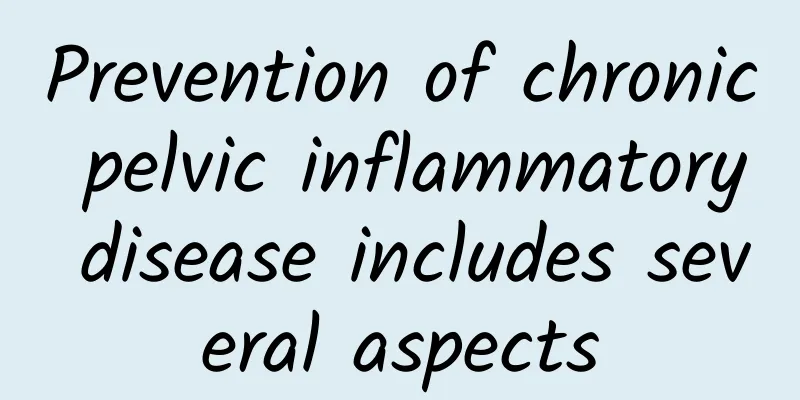Is medical abortion better or painless abortion better?

|
Medical abortion, also known as medical abortion, is a way of terminating pregnancy by taking medicine. Its advantages are that it avoids surgical operations, causes relatively little damage to the endometrium and is less painful. Medical abortion is suitable for women in early pregnancy, usually within 49 days of pregnancy. However, medical abortion also has certain risks, such as the possibility of incomplete abortion, the need for further treatment, and the possibility of complications such as excessive bleeding or infection. Painless abortion is a surgical abortion performed under general anesthesia. Its biggest feature is that there is no pain during the operation. It is undoubtedly a better choice for women who are sensitive to pain or worried about surgical pain. Painless abortion is suitable for situations where the pregnancy time is long and beyond the scope of medical abortion. Since the operation is relatively direct, the risk of incomplete abortion is low. However, as a surgery, painless abortion inevitably has certain surgical risks, such as anesthesia accidents, uterine perforation, etc., and it takes a period of recovery after the operation. When choosing between medical abortion and painless abortion, women should first clarify their pregnancy time, which is the key factor in deciding which method to use. At the same time, they should also consider their physical condition, pain tolerance, and postoperative recovery conditions. Most importantly, no matter which method is chosen, it should be performed in a regular hospital and under the guidance of a doctor for preoperative preparation and postoperative care. Terminating a pregnancy is a serious decision. The choice between medical abortion and painless abortion is not set in stone. Instead, the most appropriate choice should be made based on the individual's actual situation. Before making a decision, fully understanding the pros and cons of both methods and consulting professional doctors is the key to protecting women's health. No matter which method is chosen, safety always comes first. The guidance of regular medical institutions and professional doctors will protect women's health. |
<<: Can uterine cold cause adenomyosis?
Recommend
Eat smart and move healthy! Balanced eating and exercise for three meals a day helps lose weight
Diet control and continuous exercise are the only...
Don't take painkillers easily for dysmenorrhea
Many young women have experienced dysmenorrhea. A...
What is watery discharge after menopause?
Watery discharge after menopause may be a warning...
Did you know that sleeping naked can treat dysmenorrhea?
Many people don't know that sleeping naked ca...
What to eat after uterine fibroid surgery What anti-inflammatory drugs to take after uterine fibroid surgery
introduce Uterine fibroid surgery is one of the m...
How to take good care of women after abortion? Several hazards of abortion should be known
What should a woman do after an abortion? At this...
What should I do if my period doesn’t come?
What should I do if my period doesn’t come? Ameno...
Quickly modify your body shape Chen Xiaoxuan's first experience of body sculpting
While many celebrities have turned to cosmetic sc...
How to regulate irregular menstruation for women? Self-care methods for irregular menstruation
During menstruation, women's resistance is re...
How to diagnose cervicitis
Cervicitis is a common gynecological disease that...
What are the causes of infertility caused by pelvic inflammatory disease?
If pelvic inflammatory disease is not treated act...
Matcha glutinous rice balls 94 crazy! Low-calorie "bursting" matcha sesame glutinous rice balls are so awesome!
Matcha lovers, look here! There has been a matcha...
What is the reason for bleeding again one week after abortion? What should I pay attention to after abortion?
Generally, the gestational sac can be expelled so...
Taboos about abortion
Abortion is very common, and there are abortions ...
What are the early symptoms of uterine fibroids? What are the early symptoms of uterine fibroids?
What are the early symptoms of uterine fibroids? ...









